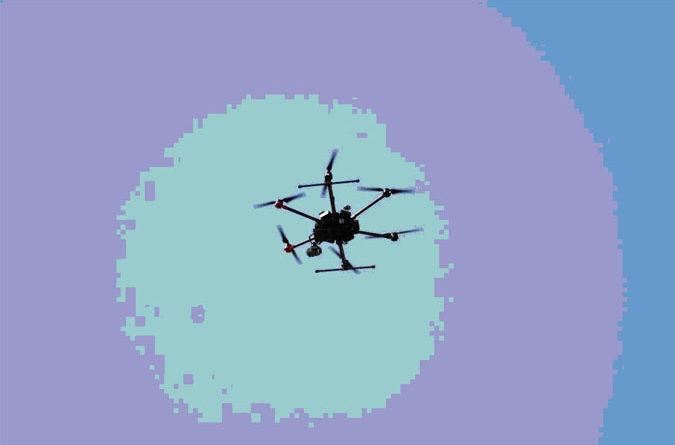Tunnels, Drones Part Of Pakistan’s Strategy To Keep Jammu Sector Active
24 Nov 2020
The use of sophistically-dug tunnels from across the border and regular use of drones to deliver arms and ammunition at the international border is part of Pakistan’s new strategy to keep the Jammu sector active rather than just focusing on Kashmir, an assessment by the intelligence agencies and the Border Security Force (BSF) has suggested.

Two long and sophisticated tunnels have been detected in Jammu’s Samba sector within three months. The first was discovered on August 29 and another 200-meter long and three feet wide tunnel on Sunday. The second was used by four terrorists who were killed in Nagrota near Jammu last week.
The BSF has launched an anti-tunnel drive across the 3,300-km-long international border with Pakistan from Jammu to Gujarat to stop any infiltration. It is also sensitising border residents to be alert about any tunnel or suspicious movement in cases BSF patrols are unavailable, officials aware of the matter said.
Most of these tunnels, a counter-insurgency officer said, are dug under fields that are invisible to Indian troops due to tall elephant grass on the Pakistani side. They are dug during the night. Pakistan Rangers, this officer said, are supposed to cut the grass on their side according to the agreements between the two countries. But instead, Pakistan uses this grass to send terrorists and drugs’ smugglers to this side.
“Similarly, as Pakistan is finding it difficult to send infiltrators and arms from the [border] fence or open stretches due to the alertness of BSF, it is moving to other methods like tunnels and drones,” he said.
Another officer said Pakistan has increased its activity along the border in Jammu as it is unable to create any impact in Kashmir, where there is a heavy presence of army and central armed police forces. “…Pakistan wants to keep the Jammu border active to claim before the international community that this side of the border is also disputed as they call it working boundary,” said the second officer.
The BSF has been exploring various technologies in collaboration with the Defence Research and Development Organisation, the Indian Institutes of Technology, Israel and the US to deal with the problem. But there has not been any success in finding any robust anti-tunnel technology yet.
“It is difficult to detect a tunnel when it is being dug through physical inspection. Only technology can achieve that. But even technologically advanced countries like Israel and the US are facing the tunnelling problem in the Gaza Strip and along the US-Mexico border,” said a third counter-insurgency official.
The larger problem is India’s slow pace of testing and acquiring any such technology.
The third officer said any requirement for modern technology at the border is held up in files in the ministries with multiple queries raised by bureaucrats. “The CIBMS [Comprehensive Integrated Border Management System) announced by the government along the India-Pak border has been in trial stage for years in just 5 km stretch. If the trial will take four-five years, imagine how much time actual installation of such a project across 3000 km will take,” he said. “Bureaucracy is the only reason we fail to have the technology.”
Courtesy: Opera News/HT

